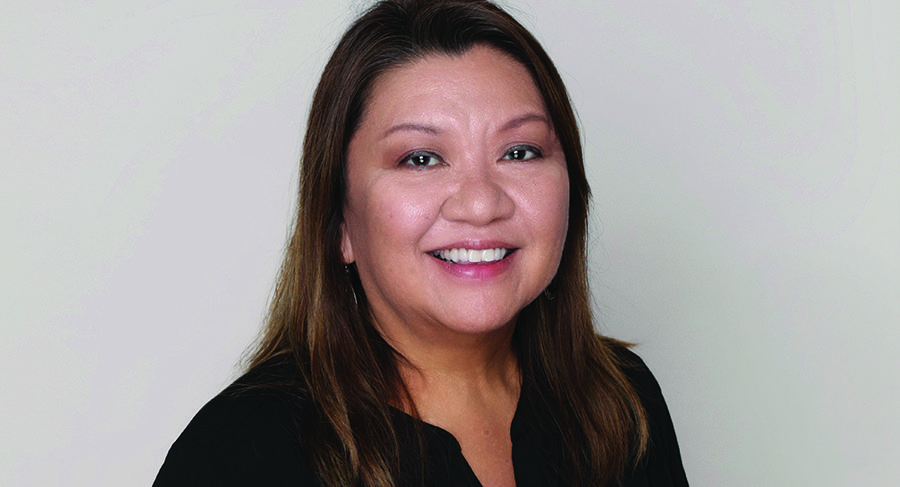What is it like to be a board of pharmacy member? This feature goes behind-the-scenes for an in-depth look into a board’s inner workings.
Lee Ann Teshima Executive Officer, Hawaii State Board of Pharmacy
How long have you served as executive officer of the Hawaii State Board of Pharmacy?
I was assigned to the Hawaii State Board of Pharmacy in 1999. It is one of over 40 boards, commissions, and programs under the Professional and Vocational Licensing Division, Department of Commerce and Consumer Affairs. Although I have been assigned to other boards and programs over the years, I have been executive officer for the Board of Pharmacy for 21 years. Unlike some state board of pharmacy executive officers, I am not a pharmacist. Prior to my position as executive officer with the Professional and Vocational Licensing Division, I worked as a real estate specialist with the Hawaii Real Estate Commission for six years and, prior to that, as an intake specialist and field investigator for the Regulated Industries Complaints Office.
What is one of the most significant challenges or issues your Board addressed in the past year or so?
It would be dealing with the coronavirus disease 2019 (COVID-19) pandemic and how it has changed the way we conduct business. Working from home and holding virtual Board meetings have been challenges that we, like other boards, have had to adapt to. Another issue was the United States Department of Health and Human Services’ (HHS’) guidance authorizing pharmacists to order and administer vaccines to individuals three years of age and older. Hawaii pharmacists are currently authorized to administer certain vaccines to certain age groups. The Board discussed the concerns raised by pediatricians in regard to the HHS guidance and encourages pharmacists who administer vaccines to minors to work collaboratively with each patient’s primary care provider.
What actions were taken by the Board to address the issue?
Discussion with stakeholders is important. Pharmacists should be able to practice to the full extent of the law, but also be mindful of concerns raised by other stakeholders and be able to address those concerns. When necessary, we have also requested waivers for certain laws and rules related to the governor’s emergency proclamations. For instance, one of the pharmacy practice act suspensions allows recent graduates of an accredited pharmacy school to be employed to practice pharmacy under the supervision of a registered pharmacist, with the endorsement of the employing health care facility. The other is to allow a registered pharmacist or pharmacy intern to fill, compound, or receive prescriptions by remote data entry.
What other key issues has the Board been focusing on?
We are working closely with the Hawaii Department of Health to draft a waiver for the governor’s policy team to allow pharmacies to have COVID-19 vaccines that must be stored at freezing temperatures held at another facility or location that has this capability, but that is not licensed or permitted as a pharmacy or wholesale distributor specifically for COVID-19 vaccines. We also have to ensure that all record keeping and drug integrity measures are maintained through this process. Another issue that the Board is considering is the regulation of pharmacy technicians. Because Hawaii is one of a handful of states that does not currently regulate pharmacy technicians, the Board is working with the Hawaii Pharmacists Association for the 2021 legislative session to introduce a bill or resolution to conduct a sunrise study on the regulation of pharmacy technicians. A sunrise study is required to regulate a new profession.
What insights do you have for states facing similar challenges?
Establish working relationships with other stakeholders. The Board has done that with other health care professionals, government agencies, and trade organizations. Take it one step at a time, especially if major concerns are raised. Also, be appreciative of your board members, coworkers, and staff. Our members are appointed by the governor, serve without any compensation, and take time from their work schedule to attend Board meetings. Without them, I could not do my job.
This interview was featured in the April edition of Innovations.
